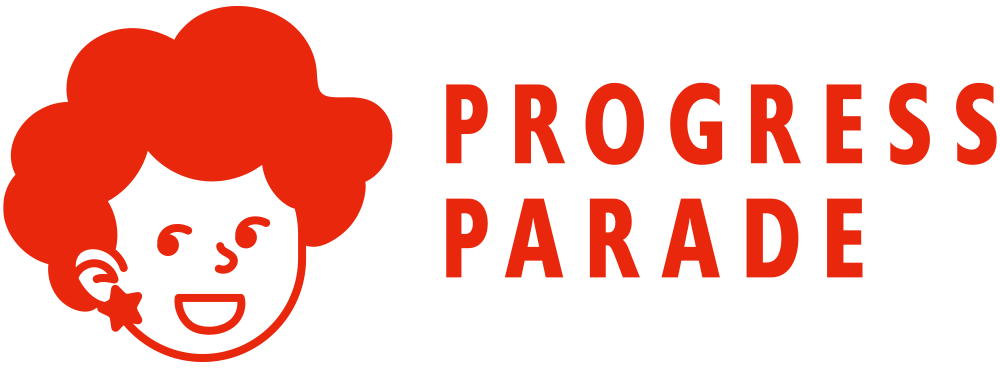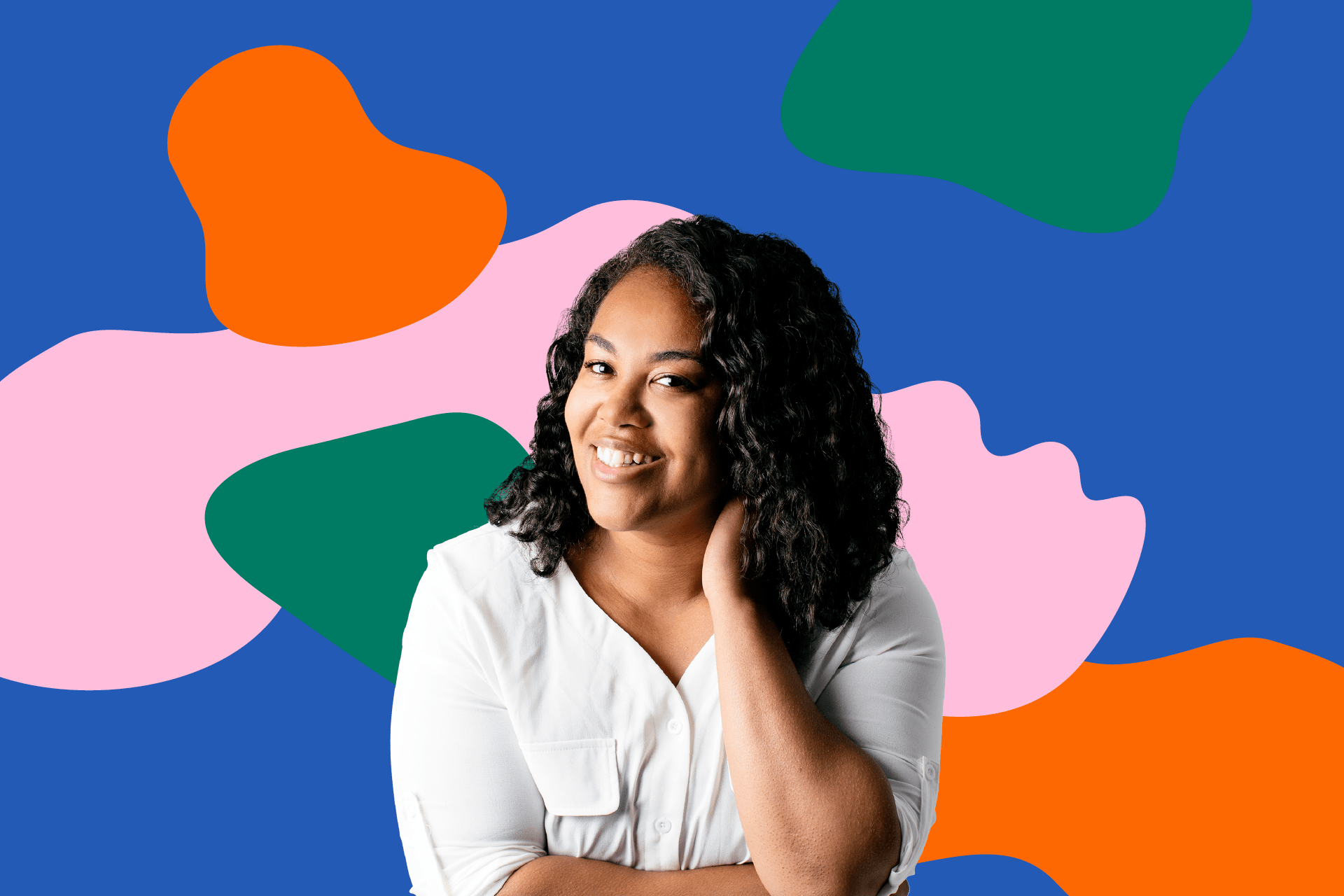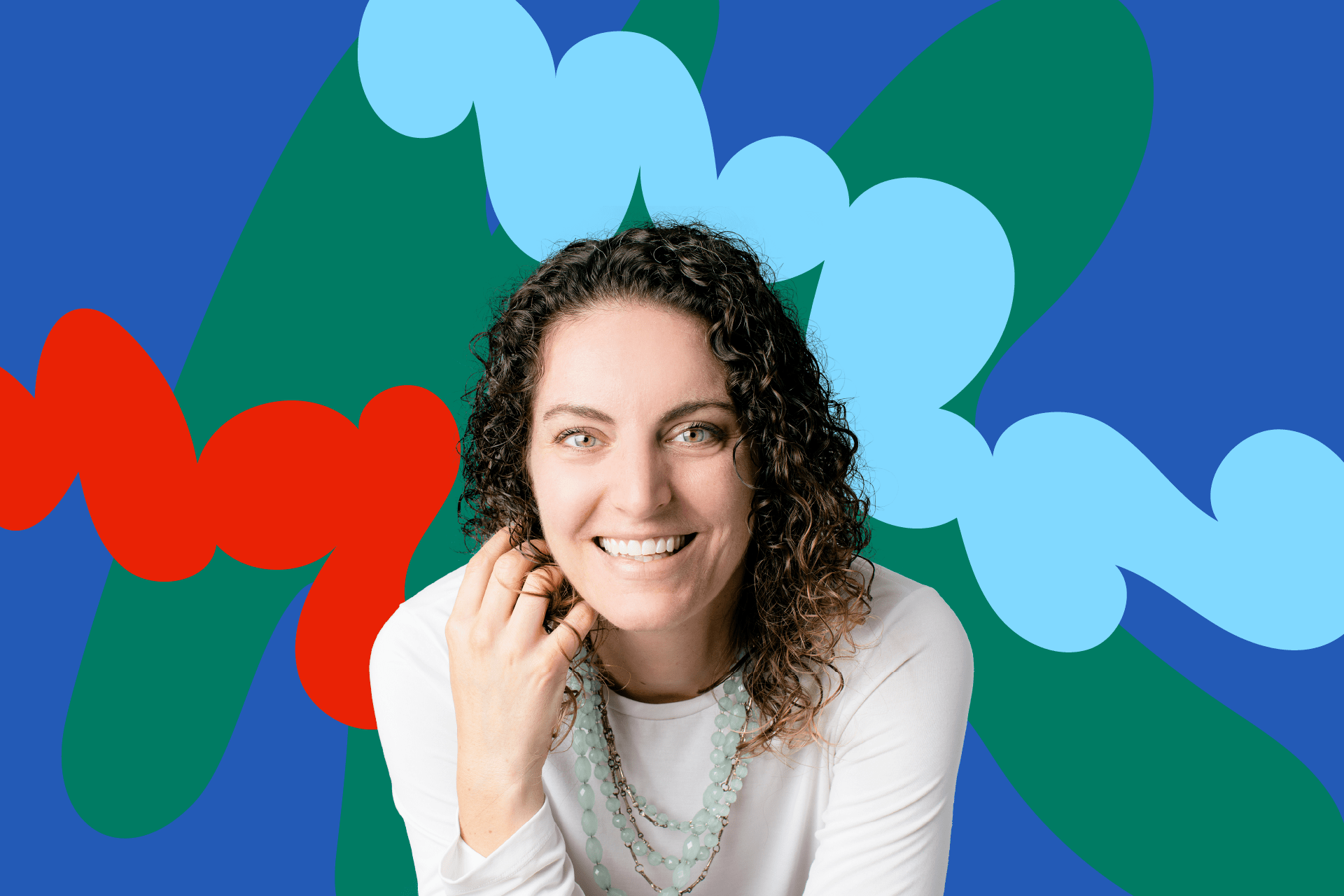The tutor trying to teach his way out of a job
If you were to ask Progress Parade expert learning specialist Treavon Burton what gives him the greatest sense of satisfaction in his role as a tutor, you might, at first, be surprised by his response.
“Telling the parents that we’re done!” Treavon laughs. “The student has learned how to read and is transferring the skills that I’ve taught him or her. And when a kid is starting to take an interest in things that I had nothing to do with, and is rapidly growing, it’s like, ‘There you go, they’re ready.’ I’m just a crutch now.
“My whole thing is that I’m trying to work myself out of a job,” he says, tongue in cheek. “The faster that student learns to read, the quicker I can get myself up out of there and on to the next one.”
Meeting students exactly where they are
Treavon, who possesses Masters in Education and Education Specialist degrees, is a licensed school psychologist. In addition to his longstanding job at a Chicago elementary school, Treavon has been active tutoring students through Progress Parade and Chicago Home Tutor for the last several school years, specializing in executive functioning and learning coaching.
“Basically, what that means is that I’ll meet the student wherever they are academically,” Treavon explains. “If they don’t know the letter A, then we’re going to draw the letter A, we’re going to touch the letter A, and we’re going to start from the ground up, always.
“We just try to meet the child exactly where they are, then build them up to be a functional student.”
"You have to know where you’re starting from in order to know where you want to go."
Progress Parade is a diverse collective of more than 70 expert learning specialists, many of whom, like Treavon, have a background in school psychology. He credits this training for the scientific approach to learning that he takes, something that can have significant impact, for example, in discussions at the teaching level about whether or not a student qualifies for specialized education.
“The student’s teacher might say, ‘I’ve had these kinds of kids for years, and these techniques work and we have to continue to do it like that.’ And I’ll say, ‘Hold on, the data says that this other technique is more effective, it has way more positive outcomes, so let’s focus on that.’ And then we’ll go back and forth. But it’s really just that I’m taking a data-based approach to making sure children learn their reading and do their math so they progress academically.
“The data-based approach means evaluating your student and comparing that information to that of other students in order to know exactly where your student is. That’s what I’m trying to do.”
Turning “haters” into learners
At the end of the day, according to Treavon, a successful learning — and tutoring — experience really comes down to the relationship with the student. And, more importantly, the student’s relationship to learning.
“You know, if you have a kid, and their emotions aren’t in it, if they don’t feel like they’re connected to it, they’re not going to understand and they’re not going to develop,” he says. “You have to know where you’re starting from in order to know where you want to go.”
That doesn’t come without its own set of tutoring challenges, the biggest one of which for Treavon, he says, is working with students who may be tired because they’ve just finished school and they are not, to put it mildly, into it.
“We’re basically enemies at first,” jokes Treavon. “In their mind, I’m just there to make them do this and do that, you know? And that’s just how it is. Some kids are actually really upset at the start of a tutoring session — they hate it, they really hate it. But it’s funny, once the session starts to wrap up, they’re like, ‘Oh no, Treavon, I’m gonna miss you!’ And I’m like, ‘Dude, I thought we were enemies?’ But seriously, I love that energy level between the student and myself.”
It’s that energy of interaction that lends itself to unforgettable tutor/student relationships, and ultimately, plays a central role in building the confidence needed to achieve success academically. And while Treavon, like so many tutors, can cite numerous memorable teaching experiences, there’s one in particular that stands out in his mind.
“There was this kid, he was in first grade, just learning how to read, and was struggling with letter sounds and stuff like that,” he recalls. “But we got to working together, teaching him how to sound things out. He ended up taking an interest in turtles, and reading about them, and there were all these big words that he was figuring out. And I was like, ‘You learned that because you worked on those letter sounds, and now you’ve got ’em.’ That was a big deal.
“It was really beautiful to see him graduate.”
Fun fact: Treavon, at 32, is a late-blooming skateboarder, having taken it up just three years ago. “Now I usually skateboard to my appointments.”
School psychologist Treavon Burton explains why the best feeling is knowing that you’re no longer needed






